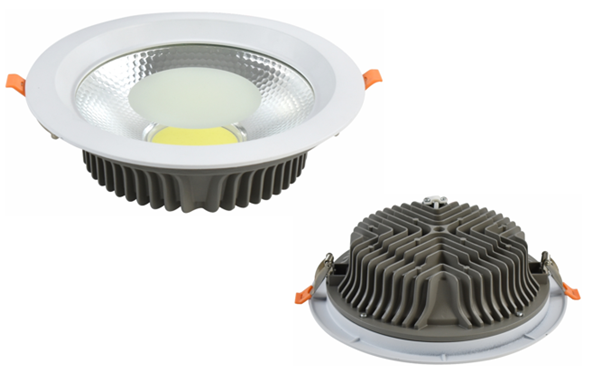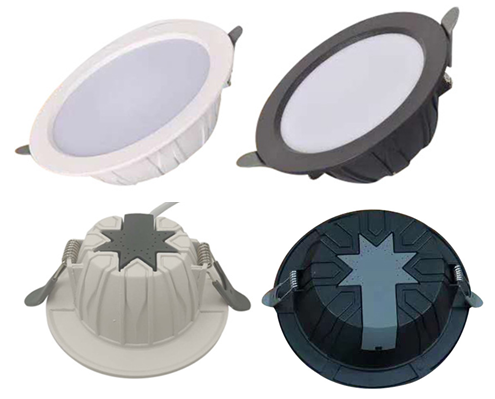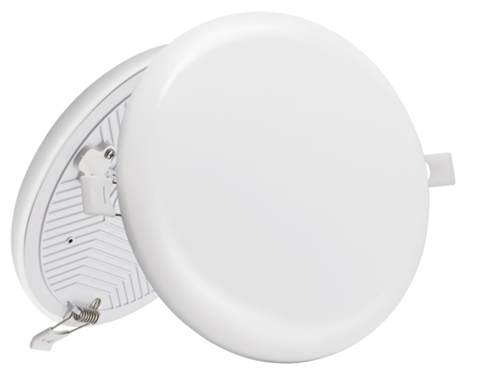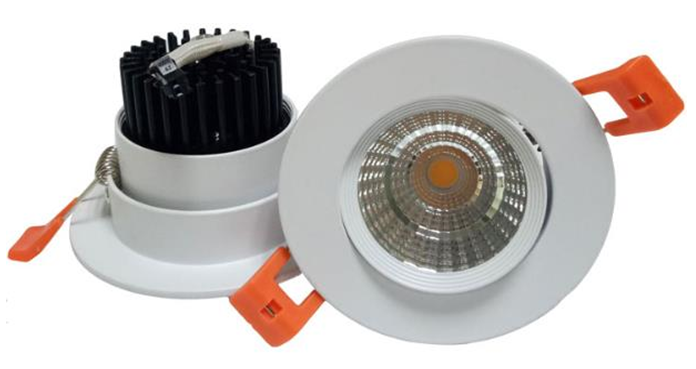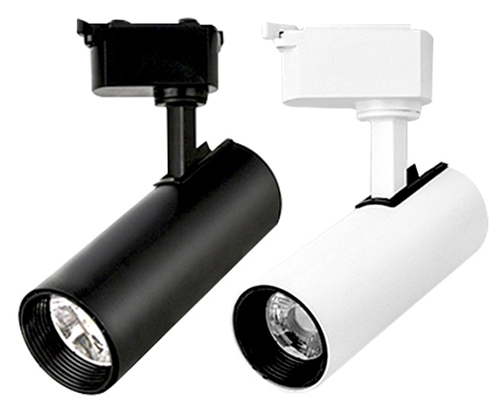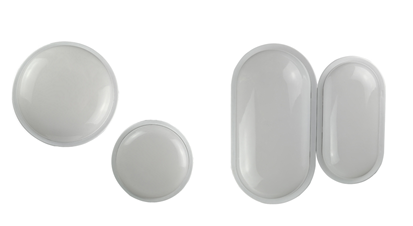Newstype
Latestnews
Hotnews
Too Much Blue Light Can Damage Your Eyes
Too Much Blue Light Can Damage Your Eyes
Blue light is important for the body to regulate the circadian rhythm, but too much exposure can cause permanent damage to the eyes, reported Pocono Record.
The growing number of LED backlit devices emerging on the market ranging from smartphone screens, computer displays to tablet, are placing people at higher risks of experiencing retina and Age-Related Macular Degeneration (AMD).
"It is when your eyes are exposed to the stronger blue light from light emitting diodes, or LEDs, you risk damage to the retina or macula," said Dr. John J. Glasner, co-owner of Eye Associates of Monroe County, Stroudsburg.
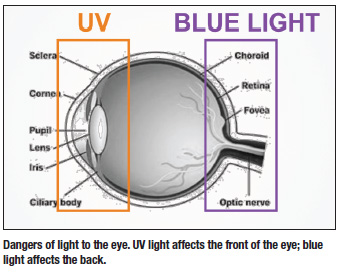 |
| (Photo Courtesy of Reveiw of Optometry) |
The public’s exposure to blue light is expected to increase, as up to 90% of light sources will be replaced with LEDs, wrote Ronald Melton, adjunct faculty member at Indiana University School of Optometry and Salus University College of Optometry, in a Review of Optometry article in February 2014.
According to Melton, LEDs and CFLs tend to emit a high level of blue light, in which LEDs contain a higher level of harmful blue light about 35% compared to CFLs 25%. The cooler the white LED the higher the blue light it emits.
Blue light in the 415 nm to 455 nm has been identified by researchers as most harmful to the retina, while the 40 nm band of visible light caused the most retinal cell death. Blue light which is emitted by the sun combined with exposure to artificial LED light sources can cause accumulation of blue-violet light that over time can cause AMD.
However, not all blue light is harmful. The blue-turquoise light range of 465 nm to 495 nm is essential for vision, and regulates our circadian biological clock and sleep/wake cycle.
Studies have shown blue light from LEDs definitely affects the body’s circadian rhythms, said Dr. Michael Grandner, an instructor in psychiatry and a member of the Center for Sleep at the University of Pennsylvania
To protect your eyesight, Glasner recommended limiting using computers, tablets, and smartphones before sleep time, adding people should dim the screen and keep it as far from the eyes as possible.
People who work in front of a computer screen all day or for long hours should also consider using glasses tinted for reading LED screens, which mostly are in yellow or orange tings.
Researchers at Rensselaer Polytechnic Institute also suggested limit time spent looking at smartphone screens to 10 minutes instead of three hours.
Glasner also reminded people to research before buying glasses or filters, while some are able of blocking blue light not all are capable of doing so.

 Chinese
Chinese English
English